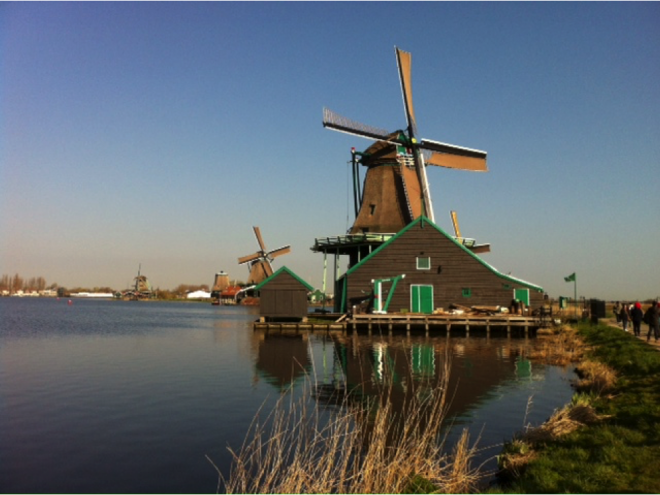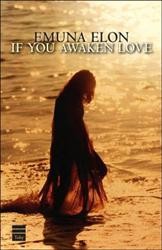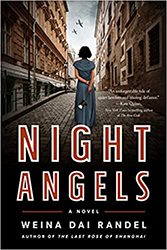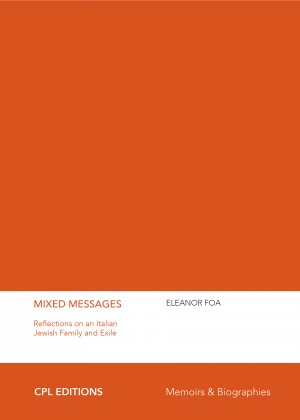When the novel begins, internationally acclaimed Israeli author Yoel Blum has been cajoled into travelling to Amsterdam to celebrate the translation of his latest book into Dutch. At the publisher’s event he is shocked when a journalist refers to the author having been born in Amsterdam, a fact he was previously unaware of.
Within a week after his return to Jerusalem, he decides to travel back to Amsterdam, ostensibly to research his early childhood of which he has no memories. Before he leaves he meets with his sister Nettie who reluctantly shares some early memories of how they and their mother had barely escaped being deported to Auschwitz, and made their way to pre-state Israel. Their childhood is defined by their mother’s insistence on intense privacy from classmates and neighbors.
Blum’s second trip to Amsterdam is thus an uncharted search for identity; ambitious for a seventy-year-old religious man whose even-tempered wife, daughters and grandchildren who have tolerated his remote nature.
From that point on the story alternates between the present and the past, with Blum filling his notebooks with daily activities alongside his reconstruction of his family’s life during the final years of World War II. Emuna Elon, a gifted Israeli author, vividly imagines daily life during the increasingly draconic Nazi occupation. Her portrayal of two Dutch families who continue to deny the reality of their beloved Amsterdam being transformed is ominous and affecting.
Amsterdam, long considered a haven for Jews is also home to the Van Gogh Museum, the Rijksmuseum, and the Stedelijk Museum — whose presence defines the city. Sonja, the mother in the wartime narrative, often finds refuge among the art in her daily efforts to avoid arrest. In his daily wanderings there, Blum wonders about the “dozens of people, most of them young, …sprawled in the sunshine… not knowing that the past is still here, not imagining how close they are to the German police headquarters that Sonja always passes quickly and cautiously.”
Distinguishing between the time periods — sometimes in paragraphs on the same page — keeps the reader riveted and believing that the present is a diary of a Blum’s several months’ researching his past, often forgetting that Blum is a fictional character. Ironic symbols connecting the past to the present abound, especially, the recurrent tolling of the church bells.
When his publisher calls to remind him that the translation of his latest book into Italian is being released and he is expected there for the publishing event, Blum tells him “I can’t leave until I’m sure I understand my story here, and until I’m capable of coming home and sitting down to write that story from start to finish.” Ultimately, he returns to Israel when he is ready and the readers understand that he is a new Blum whose recovered identity will allow him to shed the shell that has distanced him all his life from even those closest to him.
House on Endless Waters joins the vast literature that explores post-Holocaust trauma suffered by survivors. Along with the diaries written in Holland by Anne Frank and Etty Hillesum, both of whom perished in Auschwitz, this book is a testament to the lasting traumas of that era.






